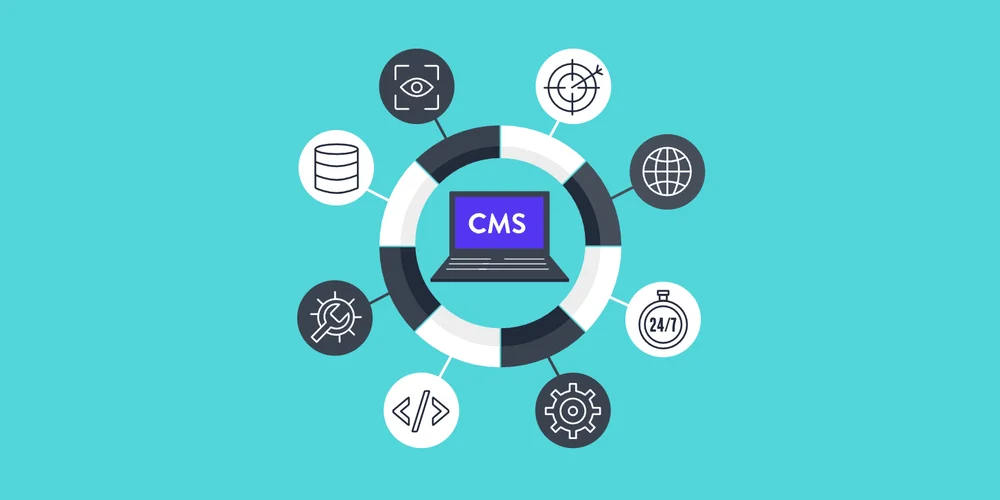Content Management System: What Do You Need To Know?
Software called a content management system, or CMS for short makes it simple for non-technical people to create, manage, and edit material for websites.
You may build a website without needing to learn HTML or CSS by using a content management system (or even knowing how to code at all).
Instead of having to design your own system for creating web pages, storing photographs, and other features, the content management system takes care of all the core infrastructure work for you. This allows you to focus on more user-facing parts of your website. Content management systems (CMSs) are not limited to managing websites; they may also be used for other purposes, such as managing documents.
Search Criteria For a CMS
It is a good idea to start by considering how your website and content will be consumed before selecting a content management system.
Making a list of the business issues you’re attempting to resolve and any particular needs you may have must come first. This will assist you in selecting the appropriate content management system, one that meets your company’s needs rather than the most well-liked or popular one.
Every cms development has a unique combination of features and advantages and comes in various sizes and forms. Some are best suited for bloggers, while others could be made with capabilities for pricing and online shop functionality for eCommerce websites. Depending on the demands and resources of your business, specifics may change.
What is the Process of Using a Content Management System?
All content management systems follow the CMS definition:
Are Electronic
They are computer programs that are mostly utilized online, albeit sometimes offline as well. This is true for website builders that support CMS and open-source CMS solutions.
Support for Content Creation, Editing, and Publication
The main concept is that you may create and publish material, which may include support for media, textual content, or drop quotes dependent on the CMS. The most effective content management system is the one that makes publishing easy for users.
Put the Information in a Database
Every CMS has a different set of supported hosting and database types, but the content is always recorded within a database.
Give Several Users Access
While some CMSs may provide particular editor, author, and admin roles, others may have user rights that are unique to that CMS.
Give the Information
As previously said, this often takes place on the front end of a live website, but certain content management systems, especially some of the finest headless CMS solutions we’ll discuss later in the article, provide private or even offline publishing.
A Content Management System’s Advantages
The collaborative aspect of a CMS is one of its main benefits. Users may log in and manage, schedule, or contribute to the material that will be published. A CMS may be accessible by any number of people from any location since the interface is often browser-based.
The second key benefit of a CMS is that it makes it simple for non-technical users to develop and maintain their online content even if they aren’t familiar with programming languages. Users may add text and upload photos using the drag-and-drop editors of a normal content management system without having any prior knowledge of HTML or CSS (programming languages).
When a business publishes its web pages using a CMS, it relies less on front-end developers to make changes to the website, which speeds up and simplifies the process of publishing new web pages.
How Much Can You Spend?
There are several quite complicated content management systems with features designed to make the life of a digital product development agency simpler if you have unlimited resources to invest. However, if you have a tight budget, your options will be more constrained. Consider the fees of a domain and web hosting before making your decision since your online content management system will need hosting.
What Business Processes Must the CMS Support?
Which company functions the CMS must support comes next in importance after pricing. Do you have to release hundreds of fresh films every day for your business? thousands of goods’ pricing per day? image hosting for blog posts?
Working as a team to handle publishing a lot of modifications and creating new material may be quite time-consuming. To make organizing and collaborating on material simpler, think about utilizing a (free) content management platform.
Conclusion
Many CMS systems have sizable open-source development communities, including WordPress and Drupal. The benefit of a huge community is the wealth of online support and material you can obtain for the majority of customization-related topics.




